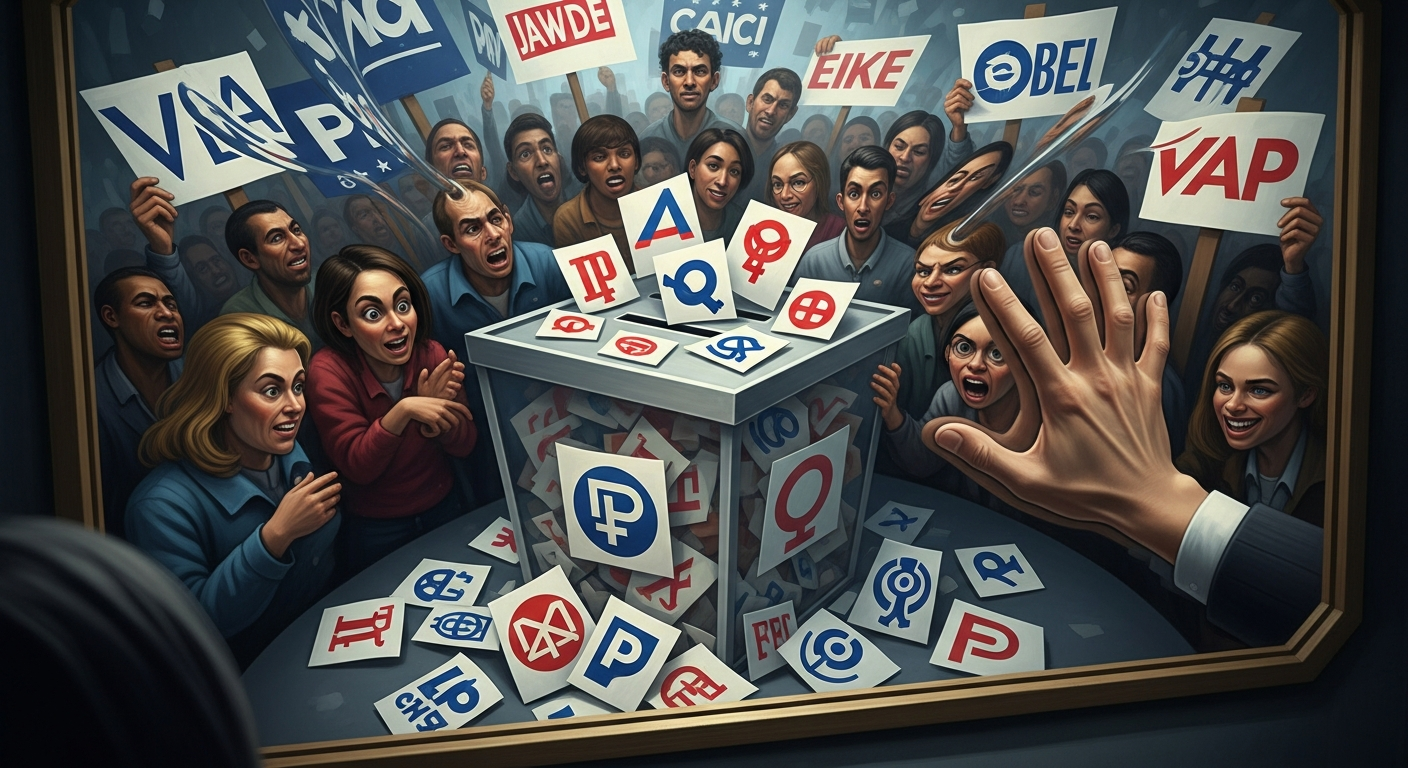
Chirag Paswan (LinkedIn) recently voiced a significant concern, suggesting that exit polls had a hand in undermining LJP-R's standing and dismissing any rumors of rifts with JD(U). This sentiment immediately resonated with my long-standing thoughts on the nature of surveys and their often-oversimplified portrayal of complex realities.
Electoral politics, especially in a diverse nation like ours, is a tapestry woven with countless individual decisions, local nuances, and shifting allegiances. To distill this intricate process into a few percentage points, often presented with an air of absolute certainty, is a monumental task. When these projections deviate significantly from the actual outcomes, or when they are perceived to sway public opinion, their integrity and methodology rightly come under scrutiny.
I recall discussing the inherent challenges of large-scale data collection and the need to rethink our approach to surveys. In my blog, "Suspending Surveys: How about Scrapping?", I touched upon the logistical hurdles and the imperative for more efficient, even community-involved, data-gathering techniques. Chirag's criticism of these surveys brings back that core idea I had — that traditional surveying methods might not be robust enough to capture the true pulse, leading to projections that can indeed "undermine" or misrepresent the actual sentiment and strength of parties like LJP-R.
Moreover, the broader theme of electoral integrity and the accurate representation of public will is something I have consistently pondered. In "Citizen Monologues", I delved into various aspects of poll reforms and the importance of genuine public engagement. It's striking how relevant these earlier insights still are. While that blog focused on aspects like Aadhar for voting and consensus for poll reforms, the underlying principle was the quest for an electoral system that truly reflects the will of the people, uninfluenced by potentially skewed pre-election narratives or exit poll projections. The question, "Who listens/reads/cares?" often arises when citizens feel their voices aren't accurately captured, whether in policy-making or political forecasting. The perceived impact on parties like JD(U) and LJP-R's alliances underscores how crucial accurate public sentiment representation is for a healthy democracy.
Reflecting on it today, I feel a sense of validation for highlighting the fragility of such broad-stroke analyses years ago, and also a renewed urgency to revisit those earlier ideas. We need to foster an environment where political discourse is based on deeper understanding, rather than being swayed by preliminary and often flawed reflections of public opinion. It's about moving beyond superficial numbers to truly grasp the democratic process in its full complexity.
Regards,
Hemen Parekh
Of course, if you wish, you can debate this topic with my Virtual Avatar at : hemenparekh.ai






No comments:
Post a Comment